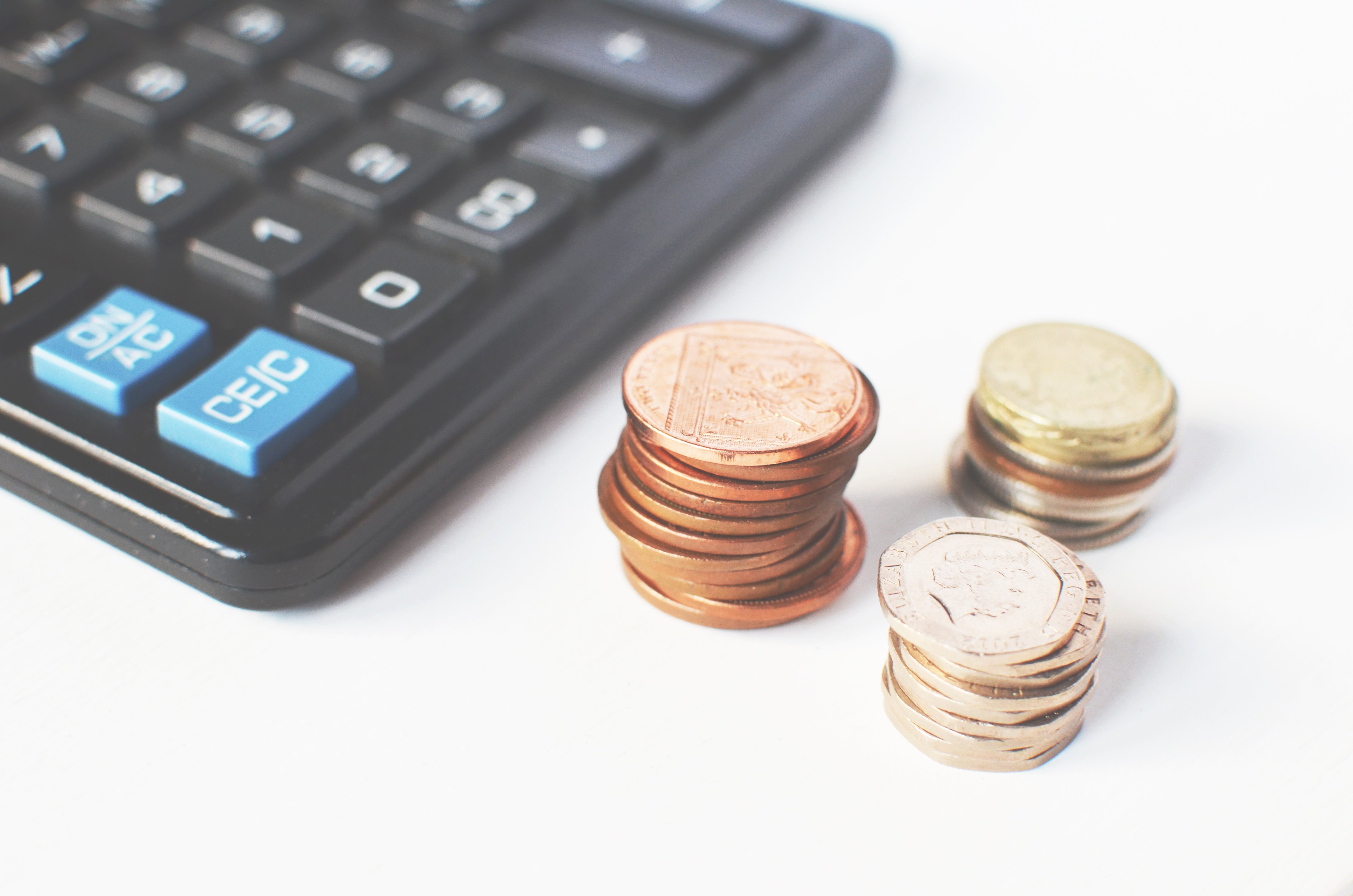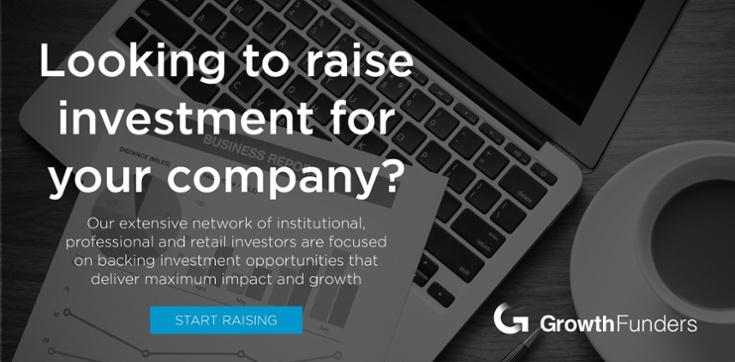An introduction to raising finance: is your business ready for investment?
As an entrepreneur, startup founder or company owner, it's highly likely the thought of raising finance to further your business has, at the very least, crossed your mind.
We all want money to allow us to do more with our ideas, right?
If you have looked into raising finance, chances are you've also felt a little perplexed.
There's so much to consider and understand - and so much phrasing that can have a dual purpose or be interpreted differently - it can lead many to switch off before they've even taken the first step.

Take the phrase 'first round of funding’ as an example. It's often thought that this means funding that's restricted purely to early stage businesses.
The reality is it covers the first round of funding which has involved selling shares to external investors, as opposed to being self funded, family funded or funded through more traditional methods (think bank loans and overdrafts).
With so much to understand, whilst we're here to chat at any point of the raising finance process, we thought it would be useful to create a series on the raising finance journey - and we're kicking it off at the very beginning of the process.
Asking yourself: are you ready for investment?
One of the biggest mistakes an entrepreneur can make at the outset of their business venture is starting to raise funding - or more specifically, equity-based funding and investment - too early.
Launching a funding round before traction, progress and a demonstrable business plan are in place won’t entice investors to your offer.
It doesn't matter how good of an idea or concept it may be - if you can't prove it works in some way, shape or form, it's going to be really difficult to convince investors to part with their money.
What's more, going for funding too early can make potential investors for future rounds more than a little wary, and potentially lead to a non-closed or part funded round.
These points alone can easily give people the wrong impression of your business, potentially at the very outset of your funding journey.
You need to be able to prove your business works (usually)
It is worthwhile understanding that although the above is generally the rule of thumb, it's not always the case that investors won't invest unless there's clear traction in the business.
In some instances, investors will buy into a concept before there's any tangible business data to report on.
However, these instances are few and far between (investors are often investing in just an idea, and the previous successes of the entrepreneur) and are often reserved for scenarios where a well-known entrepreneur with a concrete track-record has a clear vision.
One of the most notable examples is Elon Musk.
Starting off his career by building a web software company in 1995, Zip2 sold for over $300 million four years later.
Since then, he has gone on to setup various companies, including X.com. One of the world's first online banks, it subsequently acquired PayPal, and then sold in 2002, netting Musk $165 million.
On top of the $22 million he personally made from the Zip2 sale just three years earlier, it quickly became clear that Musk knew what he was doing - and he has had very little trouble securing investment for his companies since (even though one of his companies is currently losing money).
Ready to move forward?
So, with this understanding, how confident do you feel that your business or concept is at a stage where gaining funding is a tangible process?
If the answer is that you feel you are ready (and have the proof to quantify your belief), that's the first, and arguably most difficult, question answered.
But with there being various different funding stages for businesses to utilise, next up is understanding what the stages are, how they differ and which your business is most suited to at present.
This post is part of our 2017 'introduction to raising finance' series, which gives an insight into the entire process, exploring the individual funding rounds, types of investors, the importance of valuing your business accurately, and much more.
%20(3)%20(2).jpg)







